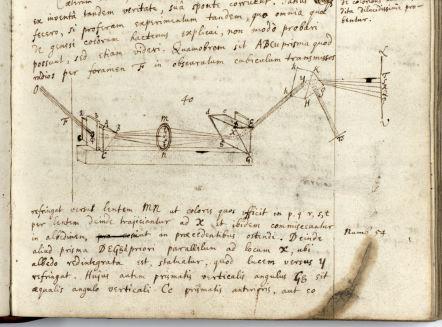Word of the Day
Erat (part of the Latin phrase “quod erat demonstrandum”)
· Common clues: Part of QED; Latin 1 verb conjugation
· Crossword puzzle frequency: 6 times a year
· Frequency in English language: (QED) 49166/86800
Q. E. D. is an abbreviation of the Latin phrase "quod erat demonstrandum" (literally, "that which was to be demonstrated"). This is a translation of the Greek oper edei deixai which was used by many early mathematicians including Euclid and Archimedes. Q.E.D. may be written at the end of mathematical proofs to show that the result required for the proof to be complete has been obtained. It is not seen as frequently now as in earlier centuries.
Isaac
Newton used the abbreviation Q.E.D.
In English speaking countries the letters can also mean "Quite Easily Done" or, occasionally, "Quite Eloquently Done", or humourously "Quite Enough Done", "Quite Elegantly Done".
In Asian speaking countries, the letters sometimes mean, "Question Easy Done", in a parody of Chinglish.
Q.E.D. was the title of a short-lived adventure series starring Sam Waterston as Professor Quentin Everett Deverill (the title character). Set in Edwardian England, the Professor was a sort of Sherlock Holmes like character, with a smattering of what was soon to be known as steampunk.
This article is licensed under the GNU Free Documentation License. It uses material from the Wikipedia article "Q.E.D."
|
|
